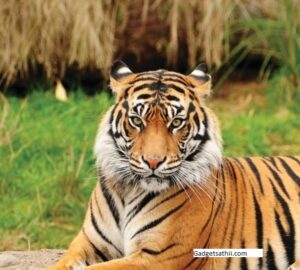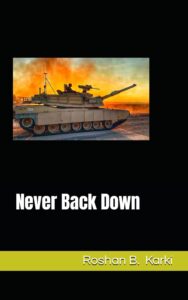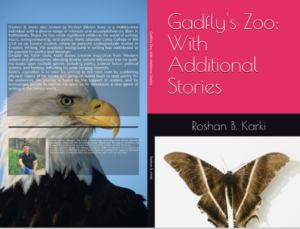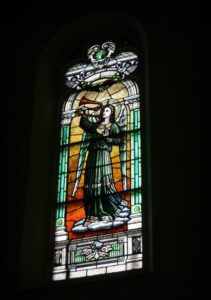Gods Vs. Kings Vs. Heroes (A Philosophical Speculation)
Advertisement

This philosophical speculation on the three masculine forces—Gods, Kings, and Heroes—proposes a profound way of understanding different archetypes that shape human society. By reflecting on the roles and attributes of these forces, we can explore their relationships and influence on one another and on the world as a whole.
Gods: The Creators and Nurturers
In this framework, Gods are the ultimate beings who embody the principles of creation, morality, and the guiding force of good. They are seen as divine nurturers, showing society the way through spiritual or moral teachings. They may possess supernatural powers, often beyond human comprehension, and influence events in ways that humans cannot fully understand. Gods are the blueprint—the foundational ideals or values that societies aspire to follow.
In various religious traditions, gods are revered not only as creators but as protectors and guides who help shape the moral fabric of the world. For example, in many monotheistic religions, God is viewed as the creator of life and the enabler of goodness and morality. In polytheistic traditions, gods often represent different aspects of nature, human experience, and the universe.
Kings: The Earthly Leaders
Kings represent the embodiment of power on Earth. They are not mere rulers but rather divine figures in their own right, as they hold dominion over lands and people. Kings, in this context, are seen as intermediaries between the divine (Gods) and the mortal world. They wield political power, military strength, and often immense wealth. They take on the role of nurturers of their own territories, using their resources and armies to protect and expand their realms.
While gods offer spiritual guidance, kings offer tangible security and leadership. Kings are often seen as protectors of their people, responsible for maintaining order, justice, and prosperity. However, they are also capable of seeking war for the expansion of their kingdoms, which may lead them to call upon the support of heroes and gods for help. The kings’ relationship with the gods is critical—they seek divine favor in their endeavors, especially in times of conflict.
Unlike the gods, kings are obediently followed by their subjects, often respected for their authority, wealth, and ability to provide. The respect for kings is rooted in obedience to their rule, which is often legitimized by divine right or ancestral tradition.
Heroes: The Mortal Reflectors of Society
Heroes are the living embodiment of human courage, ideals, and struggle. Unlike gods, who operate in the divine realm, and kings, who hold secular authority, heroes are mortal beings who embody the collective aspirations, fears, and hopes of the society they come from. Heroes may be born with extraordinary traits or rise through personal virtues such as bravery, intelligence, or sacrifice.
Heroes do not command armies or control vast lands like kings, nor do they possess divine power like gods. Instead, they fight for something greater than themselves—whether it’s a cause, a moral duty, or the defense of their people. They are often seen as mirrors of society, representing the virtues and flaws of the people they serve. Their stories are woven into myths and legends, where their heroism transcends their human limitations.
Heroes often have troubled origins or face profound personal struggles. They are born from myths and narratives that elevate them to legendary status. Achilles, with his vulnerable heel, represents the complex nature of heroes—unmatched in strength and skill but deeply flawed. Similarly, Beowulf’s bravery leads him into conflicts that result in curses or tragedies, showing how the hero’s virtues can also be their downfall.
The Interplay of Gods, Kings, and Heroes
These three forces—gods, kings, and heroes—are not isolated from one another. They interact, influence, and depend on each other in ways that shape the fate of civilizations.
Gods guide, offering wisdom, laws, and moral frameworks that influence the actions of both kings and heroes. They may provide blessings or impose divine will, helping guide the choices of both earthly rulers and the individual warriors.
Kings rule, providing order and protection for their subjects. They wield military might and may seek the favor of the gods to secure victories or peace. When conflict arises, they often need heroes to fight in battles or perform extraordinary deeds that no king can achieve through power alone.
Heroes act, driven by internal virtues and personal goals. They may serve kings or act independently, but they are always the ones who reflect society’s highest ideals. The praise they receive comes from their actions—often heroic but also tragic—shaping the cultures and histories in which they live.
In essence, Gods, Kings, and Heroes form a triad that governs the world, each fulfilling an essential role: the divine vision, the earthly power, and the heroic struggle. Together, they create a complex dynamic where society is both guided by higher forces and shaped by the choices and sacrifices of individual figures. The worship of gods, the obedience to kings, and the praise of heroes all feed into the narrative of civilization itself.









